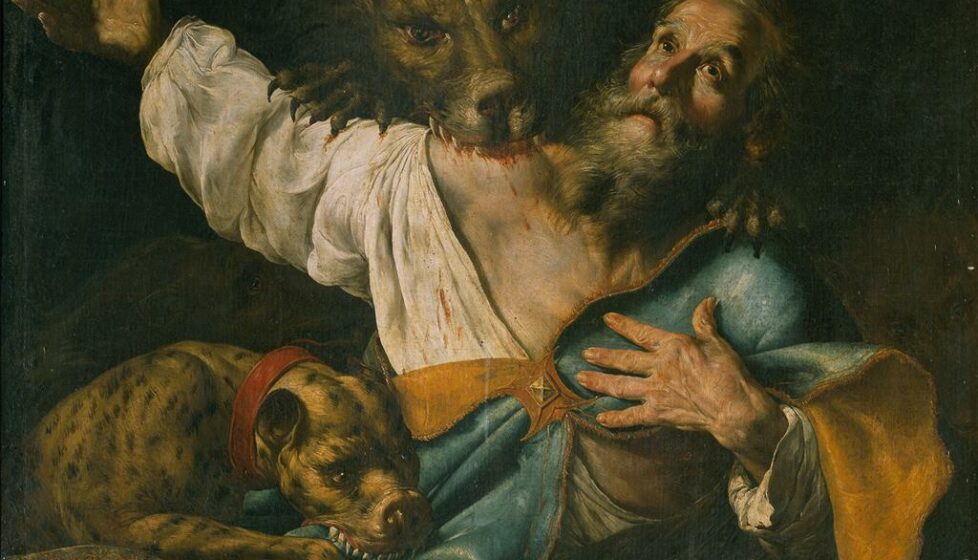Stories of Christian Martyrs: John Smith
Guyana

Demerara was one of three counties in the Caribbean colony of
British Guiana (now Guyana). Slavery was the rule in Demerara, the way of life, the engine of its sugar cane economy. Whatever else happened there, slavery was never to be questioned or threatened. Of those who might do so, missionaries were the most culpable.
The London Missionary Society (LMS) sent John Smith to British
Guiana in March 1817. In Demerara he took over from the Reverend
John Wray, who had been transferred to neighboring Berbice County.
Such transfers helped keep relations transitory between the missionary
preacher and the slave population. Bonds of sympathy were dangerous
to the economy.
Smith’s first interview with Governor Murray made it quite clear:
Teaching the African slaves to read was forbidden. The job of the mission
station was to teach contentment, not to educate, nor to “insinuate anything which might… lead them to any measures injurious to their masters.” In British Guiana, sugar cane was lord and king.
So the honorable Reverend John Smith set about his work in one of
the most thankless, humid, and oppressive mission stations in the
world—far from the British homeland where William Wilberforce and
other Christian leaders were challenging the foundation of slavery and
mapping out its legalized extinction.
Smith did his job perhaps too well. For one, he became a friend and
counselor to his congregants, not merely their preacher. Second, he distributed books sent by the LMS for worship and nurture. One can hardly distribute books if the writing inside remains undecipherable. Teaching church leaders to read was a natural consequence of his teaching them the responsibilities of Christian discipleship.
Five years into his work, Smith was caught in a crisis that he and
others must have seen coming. Certain slaves, having acquired reading
skills and aware of Britain’s anti-slavery movement, came to believe that
plantation owners and the colonial government had already received
orders for their emancipation but had suppressed them. With injustice
piled upon wretchedness, a slave revolt was planned. Then an old slave
named Quamina, a deacon at Smith’s church, rose to advise that a work
strike was the better alternative to bloody rebellion. Quamina wanted
the advice of the preacher before he or others took up arms.
Smith advised patience. If new laws were coming, let them come.
Even the governor himself would be obliged to enforce Acts of Parliament. After all, Britain was a civilized country. But counseling patience when freedom was in the air was unsuccessful. About thirteen thousand of the seventy-four thousand slaves in Demerara rounded up plantation managers on August 20, 1823, and put them under house arrest. The governor mustered his militia, however, and quickly disarmed the disorganized rebels, with enough loss of life to teach the required lesson.
Quamina was hunted down and killed. Smith was arrested at the urging
of plantation managers. They figured that he must have known about it,
had failed to warn the governor, and thus was, in their eyes, a co-conspirator as guilty as an African slave carrying a gun or club.
Smith was tried by a military tribunal, which included officers who
had directed field operations against the slaves. They sentenced Smith to
be hanged.
Outraged that a British missionary might be executed by the British
military after a mock trial on British soil, the LMS and others tried to
save him. But before calmer minds from the homeland could send his
commutation to Governor Murray, Smith was dead, the victim of pneumonia, caught in the stink and stench of the Guyana jail awaiting word from London.
Smith’s journal quietly acknowledges his guilt:
Guilty of distributing Christian literature to slaves: “The
Bibles and Testaments were sent from the Bible Society in
allowing me a discretionary power in the disposal of them.”
Guilty of befriending slaves: “No missionary can properly
discharge his sacred functions without having some intercourse with his people besides that of public teaching.”
Guilty of discouraging fieldwork on Sunday: “What crime
have I committed? Are their masters greater than God?”
Guilty of sacrifice and service to the Gospel.
After his death, the African workers called him the Martyr of
Demerara. Parliament stopped the British slave trade in 1807. All African slaves in the Empire were granted freedom in 1833.
This story is an excerpt from Foxe: Voices of the Martyrs. You can get your own copy free with any donation to The Voice of the Martyrs.

